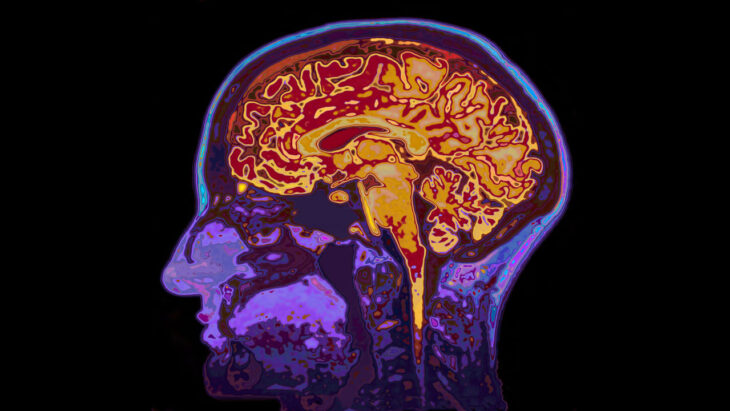Brain Study Links Alcohol Relapse to Detox Needs
Published: 09/26/2025

A new study found a key brain area that may contribute to alcohol addiction and an increased risk of relapse, highlighting the importance of alcohol detox and relapse prevention.
Many have wondered why a person continues drinking despite knowing they’re damaging their well-being, relationships and health. Scripps Research scientists discovered a small region in the midline brain plays a key role in the way animals learn to avoid the stress of withdrawal symptoms by continuing to drink.
Alcohol Withdrawal & Relapse Risk
In animal studies a particular set of brain cells in the paraventricular nucleus of the thalamus (PVT) exhibited increased activity during alcohol withdrawal.
This increased PVT activity appears to amplify the impulse to consume alcohol and may be tied to relapse risk in humans. This discovery underscores why alcohol detox treatment is so important. Without professional withdrawal management, the discomfort and stress of withdrawal can reinforce drinking behavior and increase relapse risk.
A Learned Brain Response
Friedbert Weiss, senior author of the study and professor of neuroscience at Scripps Research, says, “They’re also trying to get rid of powerful negative states, like the stress and anxiety of withdrawal. This work shows us which brain systems are responsible for locking in that kind of learning, and why it can make relapse so persistent.”
Co-author of the study, Hermina Nedelescu, also of Scripps Research, says that “This brain region just lit up in every rat that had gone through withdrawal-related learning. It shows us which circuits are recruited when the brain links alcohol with relief from stress–and that could be a game-changer in how we think about relapse.”
Why Detox Matters
In the United States, about 14.5 million people have alcohol use disorder. Like other addictions, alcohol addiction is distinguished by cycles that include withdrawal, abstinence and relapse. That’s why treatment often begins with a safe, medically supervised detox program.
Detox centers use evidence based methods to manage withdrawal symptoms, reduce cravings, and lower the risk of relapse. Medications may be prescribed in a controlled setting to stabilize patients before continuing to long term treatment.
Moving Toward Recovery
The findings of this study also have implications beyond alcohol use disorder, potentially influencing treatments for anxiety and other stress related conditions.
“This work has potential applications not only for alcohol addiction, but also other disorders where people get trapped in harmful cycles,” Nedelescu said.
But for those struggling with alcohol, the main takeaway is clear: safe medical detox can help break the cycle of withdrawal and relapse.
If you or a loved one is struggling with alcohol addiction, help is available. Explore alcohol detox centers near you on Detox.com or call 800-996-6135 today for immediate support.



